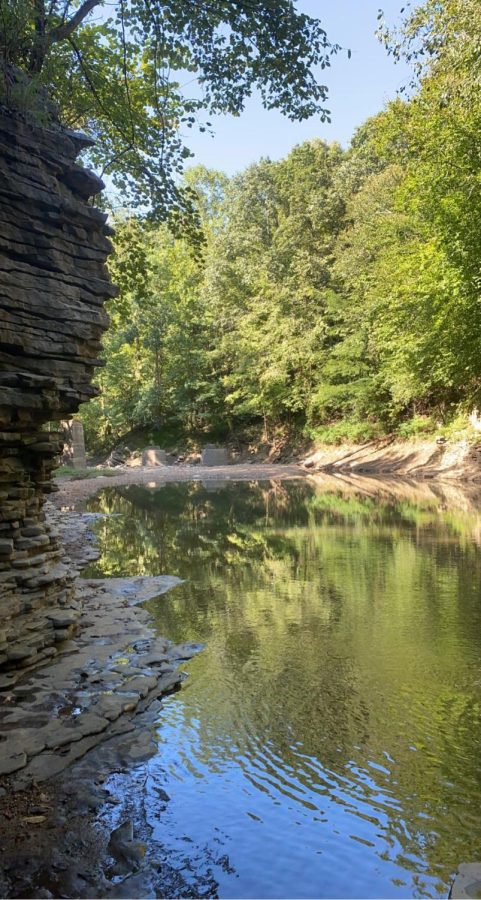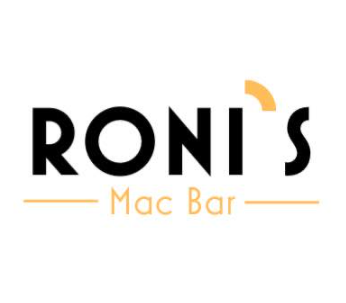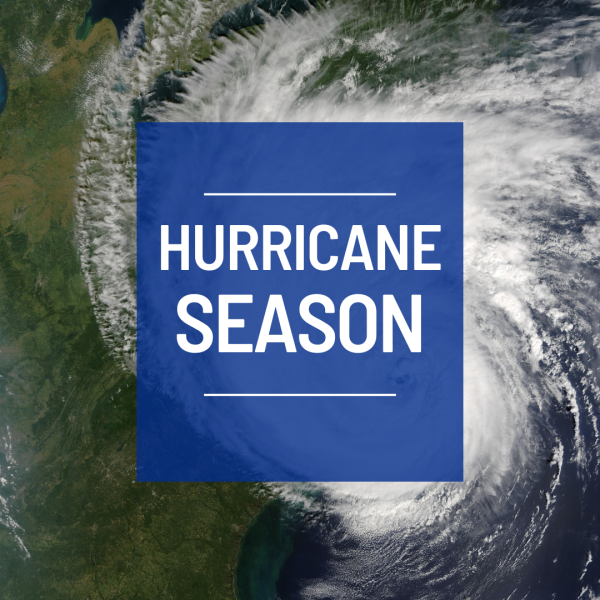Water Grabbers
Water covers 70% of our planet, and in most minds, it’s common to assume it’ll be around forever. However, freshwater, the stuff we drink, bathe in, and irrigate our farm fields with, is overly rare. Only 3% of the world’s water is clean water, and two-thirds of that is tucked away in frozen glaciers, or in any other case unavailable for our use. Which comes down to 1.1 billion people globally lacking access to water, with a total of 2.7 billion people experiencing water shortage for at least one month of the year.
Many of the water structures that hold ecosystems and hydrate many fast growing human populations have come to be very overused. Rivers, lakes and aquifers are drying up or becoming too polluted to use. According to The Water Project.com, “The Colorado River basin in the United States is an excellent example of a seemingly abundant source of water being overused and over managed, leading to very serious physical water scarcity downstream.” Lake Mead, which is fed by The Colorado River, has dropped one hundred forty feet since its highest level in 1983. The Colorado River’s water level is projected to decrease about twenty percent in the next forty years. This would have a devastating effect on all the arid regions in the southwest that rely so heavily on the water it provides.
More than one half of the world’s wetlands have disappeared. Many agricultural developments use water more than any other supply, which does take up a large amount of water that is available for use. Because this drains a lot of water, in order to fix that we quite literally have to take water from the Colorado River. So when places like Southern California, which are inherently a desert, do agriculture they’re one of the leading cases of this water scarcity going on in the world.
In certain areas of the world, places sell a bottle of Coca Cola cheaper than a bottle of water. A major company that makes this possible is Nestle who are the world’s largest food manufacturing company. They bottle loads of water in Michigan for only $200 dollars a year, and then resell the bottles of water for a major profit. Mr. Morton, an ecology teacher at CHS said, “If you know the company Nestle they are known for buying up water rights.. And specifically bottling and selling the water elsewhere. So when you take that water out of the place where it was supposed to be it doesn’t return.” The local people living in Michigan grew angry with Nestle. People have even protested against the state to not grant Nestle the water, because it’s the people’s water.
Many people say that the solution to the lack of water is to just “go green.” Even if everyone in the world did their part individually, the world would still have a large undersupply of water. The big industries who are buying up land for cheap and reselling the water, are the major root of the problem. Their exploitation of our most precious natural resource must be stopped.

Favorite Quote-"I'm not really sure which parts of myself are real and which parts are things I've gotten from books." -Beatrice Sparks, Go Ask Alice
Favorite Food- Tikka Masala
Fun fact- Her favorite word is frolicking. Like frolicking in a field of flowers.
Halle has an idea of what her future is going to look like. Her best friend, Katrina, doesn't. Something Halle says a lot is "bruh."







